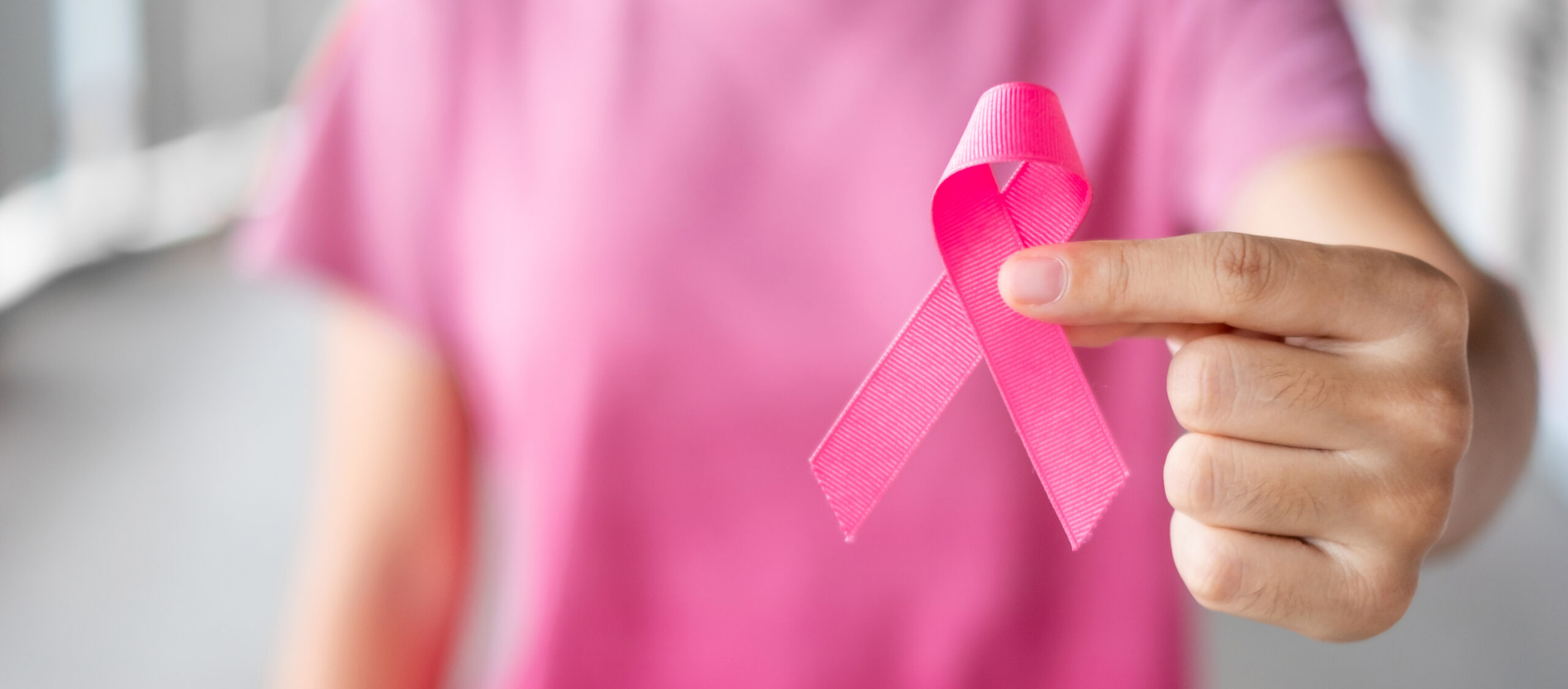Women between 20 and 49 don’t often consider breast cancer to be a real danger. Yet as the incidence continues to rise within this age group, it’s critical for women to know what they can do to maximize the odds of detection. Breast cancer is the leading cause of cancer death in women between 20 and 49, underscoring the importance of discovering cancer early.
“It’s hard to take care of a family when you’re battling breast cancer,” says Cati Diamond Stone, who was diagnosed at age 35. Stone experienced the challenges of raising a young child while juggling a household, career and treatment. She is now VP Community Health for Susan G. Komen, the breast cancer foundation with a mission to build awareness and support research to combat it.
To increase the chance of early detection, follow four guidelines of breast self-awareness: know your risk, know your normal, get screened and lead a healthy lifestyle.
Know Your Risk
Have open conversations with relatives to learn your family history of cancer and other serious ailments. Share that information with your doctor who can recommend when to begin mammograms and will know when symptoms might indicate something more serious.
For Stone, her sisters and daughter now know their own risk of breast cancer and are more likely to take critical symptoms seriously. “It’s all about enabling informed decision making,” she says. Those without access to their family history may want to explore genetic counseling. Although genetic testing kits can be purchased over the counter, a test should be administered by a counselor who can interpret the results and discuss next steps if there’s a variant or mutation.
Know Your Normal
Every person is unique, so every person should know how their own breasts normally look and feel. Changes like dimpling, swelling or rashes may indicate something more serious. Knowing your normal is the best indicator of whether something may be off.
New mothers in particular should pay attention to how their body is changing and whether something seems unusual. “I don’t think I had a good sense of what my normal was [after giving birth],” Stone says. “Certainly, our breasts don’t look and feel the same way after nursing as before.”
Get Screened
For those with average risk, breast cancer screening begins at age 40. Doctors may recommend earlier screening based on family history and risk factors. They also may recommend more intense screening — like an MRI or ultrasound — for women with dense breast tissue. When breast cancer is detected early, there is a 99 percent five-year relative survival rate.
Lead a Healthy Lifestyle
Exercising regularly and getting enough sleep may be challenging for parents and caregivers, but they’re important factors in maintaining a healthy lifestyle. Other choices like limiting alcohol intake and eating healthy foods may be easier to control. Maintaining a healthy weight, breastfeeding and quitting smoking can also help reduce the possibility of breast cancer.
A breast cancer diagnosis will impact one out of every eight women in their lifetime. Fertility, self-confidence and emotional well-being can all take a toll beyond the cancer diagnosis.
Chemotherapy can damage ovaries or trigger early menopause, changing hormone levels and intensifying symptoms. If women want to get pregnant after facing breast cancer, they may not have that option if aggressive cancer requires urgent treatment and there isn’t enough time for egg harvesting.
Treatment can cause physical changes that can impact self-image, lower self-esteem and diminish confidence. Even when changes are temporary, they may affect how a woman feels about her body long-term.
Stone discovered her biggest challenge was emotional. When she was diagnosed, she found that juggling a career and her family, which included a 16-month-old, was already difficult. “Add a breast cancer diagnosis and treatment into that mix, and it can really take a toll on you mentally,” she says.
How to Find Help
Many organizations are dedicated to increasing breast cancer awareness and sharing resources. While many are available through medical facilities, others provide connections beyond specific healthcare systems. In Southwest Ohio, Cancer Support Community of Greater Cincinnati/Northern Kentucky shares resources, events and special programs for anyone facing any type of cancer. Through Pink Ribbon Good, women facing breast cancer can find support and resources for themselves and their families.
Komen offers telehealth patient navigation to anyone across the country, helping patients and caregivers navigate through a complicated health care system. It was created to guide patients between various experts, such as an oncologist, pharmacy, primary care physician, treatment center and gynecologists. “It’s hard to know who to call and when, and how to connect those dots,” Stone says. To reach Komen’s Patient Care Center, call 877-GO KOMEN or email [email protected].
Stone believes that utilizing available resources and seeking help is the best way to move forward after a diagnosis. “You can only gain something by reaching out for support,” she says.





